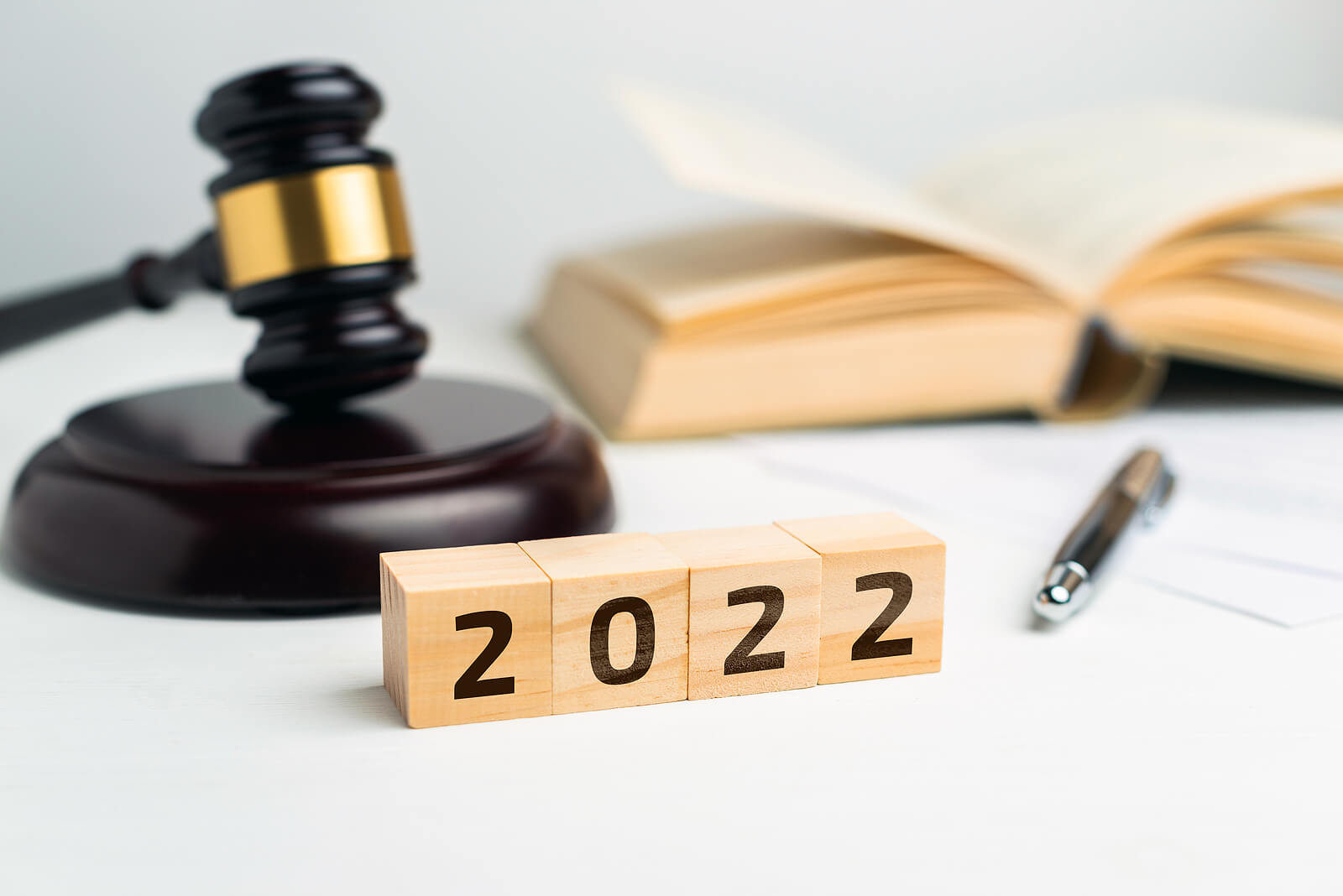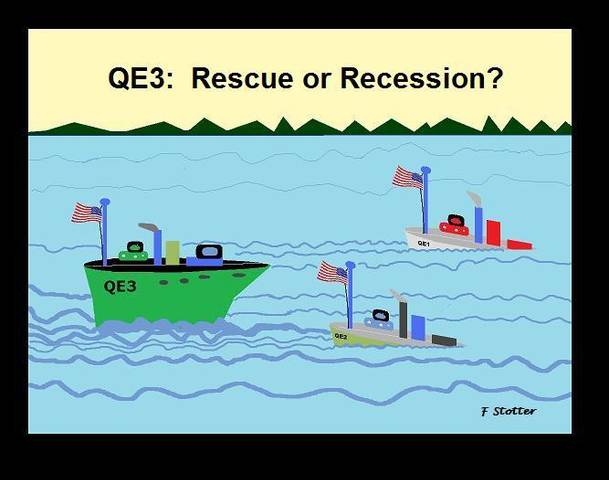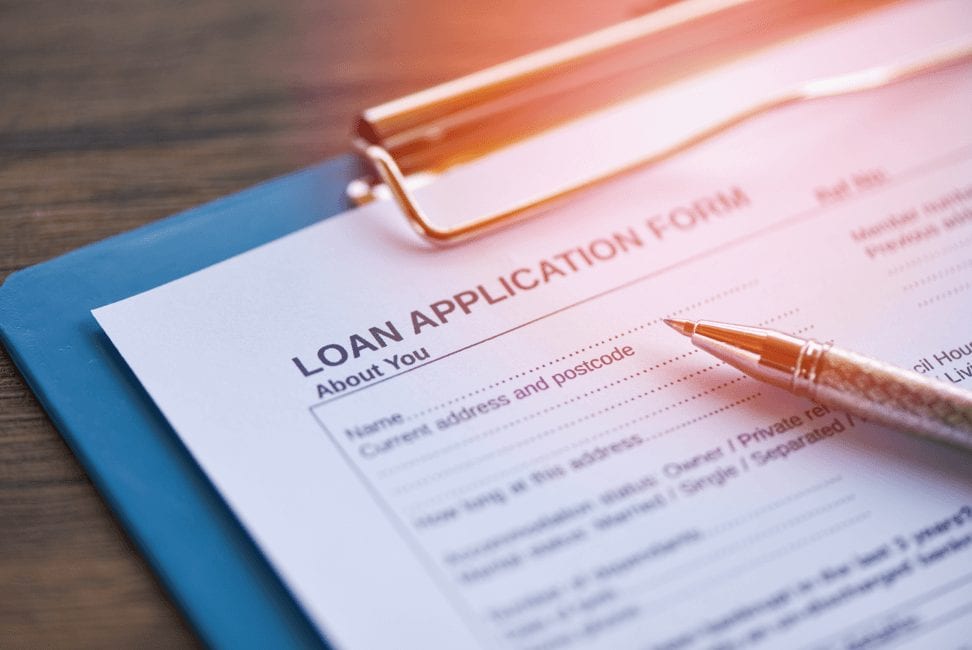Are you worried about how your inheritance will affect your bankruptcy? Unfortunately the answer isn’t a simple one. Having an inheritance won’t prevent you from filing for bankruptcy, however, the inheritance becomes property of the bankruptcy estate if you received it within 180 days after filing.
This process differs depending on the type of bankruptcy you file. With a Chapter 7 bankruptcy, inheritances will be used to pay off debt unless they’re protected by an exemption. A judge in a Chapter 13 case can amend your repayment plan according to your inheritance, regardless of elapsed time, as it can be a significant increase in income that allows you to make higher payments towards your plan. These monthly payments are divided among your creditors.
What If My Inheritance Is Received More than 180 Days Later?
If more than 180 days have passed since your bankruptcy filing, a Chapter 7 trustee cannot claim the inheritance in your latest case and it will remain your property. However, it may be taken into account with a Chapter 13 filing; a judge may file a motion to amend your plan at any point during the repayment period, if your income and assets change.
Why Is There a 180 Day Rule?
The 180-day rule was created by Congress to discourage people from filing a bankruptcy case knowing they could receive a large inheritance in the future. Otherwise, a debtor could file early to protect their anticipated inheritance. The rule applies starting the day you became entitled to receive the money or property, not when you’re due to collect it. This can be months or years after the fact.
How Do I Disclose Inheritance Assets Received within 180 Days of Filing?
If you do inherit money or assets during the designated time period, you must amend your bankruptcy forms. For real property like land or a house, you must submit amendments to Schedule A; Schedule C must also be amended if you’re claiming the property as exempt. An amendment to Schedule B is required if you inherit money or personal property; claiming it as exempt requires amending Schedule C.
Are Inheritances of Non-Filing Spouses Included?
If your spouse did not file for bankruptcy with you, and received an inheritance, it’s not part of your marital property or your bankruptcy case. But the inheritance may lose separate status if it has been commingled with your assets. An example is if they used the money to buy you an expensive gift, such as a luxury car. The vehicle may then become a part of the estate.
What If There Is an Estate Plan?
A Last Will and Testament instructs how your assets will be distributed when you pass away. But upon your death, they’ll be handled depending on how much debt you owed. Debts are paid before inheritances are distributed to beneficiaries.
For example, if you have a pending Chapter 7 case and you pass away, your assets will be liquidated. Your beneficiaries won’t see anything from the remainder until your creditors are paid off. If a debtor who filed for Chapter 13 dies, the survivors and estate trustee will decide on a course of action; including petitioning the court.
If a bankrupt debtor dies, the other parties can ask for the case to be dismissed, petition for a hardship discharge, or convert a Chapter 13 to a Chapter 7 filing. You could also choose to continue forward with the present case.
Contact Our Los Angeles Bankruptcy Attorney
If you are filing for bankruptcy and are due an inheritance, contact OakTree Law for help. We can help find the best option and avoid potential risks while determining whether any assets received are exempt. Request a free evaluation or call 888-348-2609 to learn more.








